How the west underestimated the Russian economic bear
Critics like to point to the country’s reliance on oil, the biting effects of sanctions and rampant corruption. They shouldn’t sweat, writes Vladislav Inozemtsev – for now, its books are looking just fine
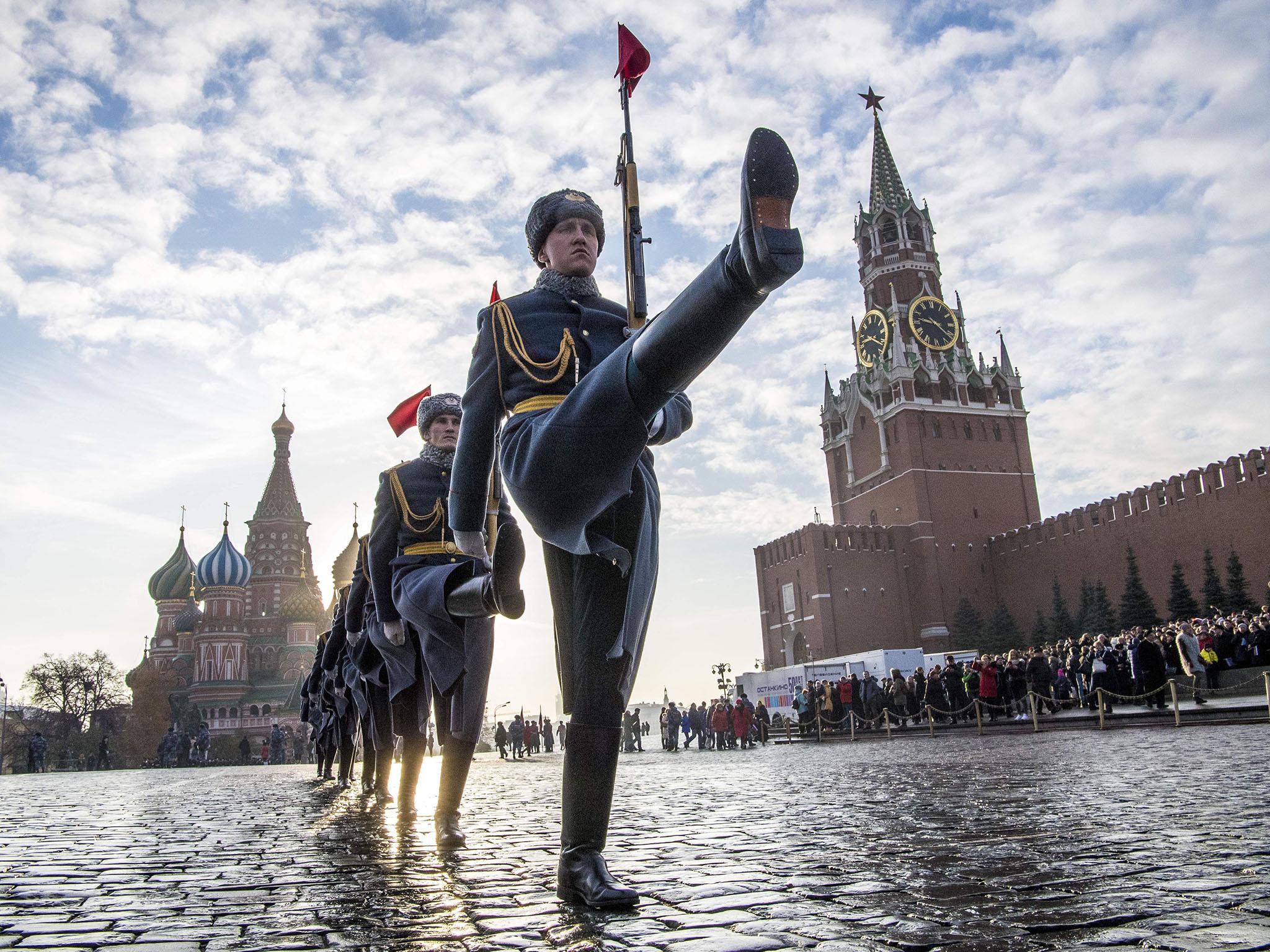
For many years, numerous western experts have predicted that sooner or later the Russian economy will collapse because of the rampant corruption and low efficiency that is endemic within it. They also cited overdependence on energy prices, an ageing population, and the sanctions imposed on the nation after Vladimir Putin annexed Crimea back in 2014.
In fact, however, I would argue it’s much better to depict the economy as not so much tumbling down a hill but rather levelling out, facing the prospect of stagnation but not of recession.
Certainly, as the economic results for 2018 become evident (even though the official GDP growth figure of 2.3 per cent is surely an overestimate) one may see that the situation is at least not getting worse. Why, in the face of perennial scepticism, is that so? I believe there are several reasons which need to be examined.
First of all, the Russian economy is now rather less dependent on the energy sector than it was before. During the 2000s, around 70 per cent of combined GDP growth originated from the service sector – particularly from the industries that were, if not non-existent, then drastically underdeveloped in the 1990s – let alone the 1980s. Residential construction, wholesale and retail trade, banking and insurance businesses, personal services, hotels and restaurants, mobile telecoms and web-based services have all boomed, relatively speaking.
The crisis of 2008-09 was thus severe in Russia not only because of the drop in oil prices but also due to the fact that demand for many services became largely saturated (the number of registered sim cards per 1,000 people in Russia is today the highest in Europe) while the basic industries were not intensively developing. In other words, Russia’s economy simply didn’t (and doesn’t) have enough room left for further quick growth.
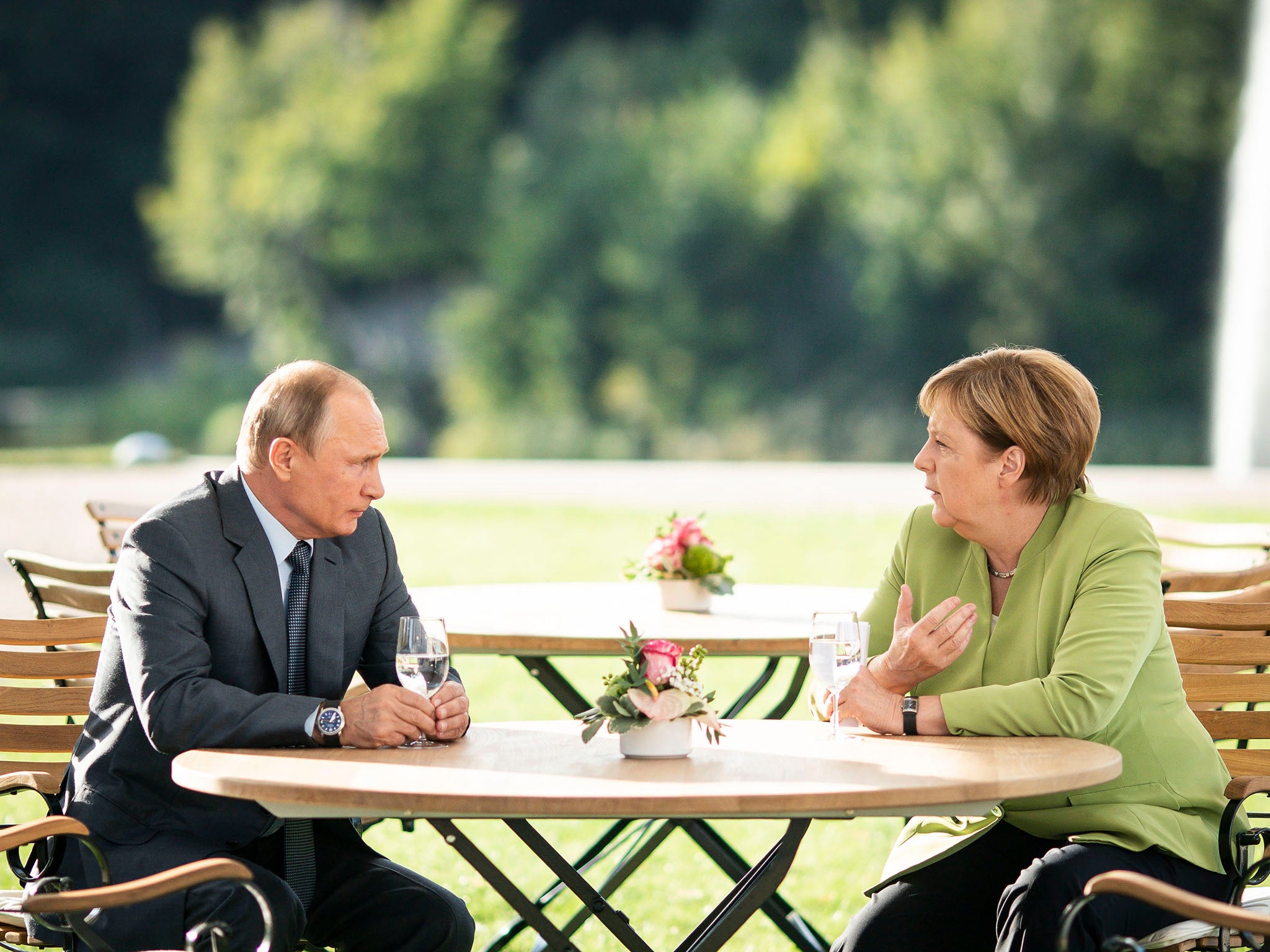
But then, if real disposable incomes aren’t in decline, it can survive for years without fear of collapse. As it happens, in recent years the figure for real disposable incomes has declined – by 10.7 per cent compared to 2013 – but even that has not led to an economic crisis.
The second point to consider is that Russians’ wellbeing in the 2000s and beyond was fuelled not only by petrodollars (some experts estimate the inflow at $3 trillion between 2000 and 2018), but to an even greater extent by diverting money from capital investment into personal consumption. While in the late Soviet years the country dedicated up to 36 per cent of its GDP to investment in new production facilities and infrastructure, now the figure is less than 18 per cent.
Since 2000, only one new passenger airport has been built in the country; the modern highway between Moscow and St Petersburg has been under construction for around 20 years; and the “high-speed” trains still travel on old rails. Arguably, no other country with comparable income levels and quality of life is in possession of such poor infrastructure as Russia. And in truth the government may not care about it too much, being content simply to pretend the problem doesn’t exist since the people have largely become accustomed to it. After all, making economies in this sphere means the government can use the money for solving day-to-day issues, to channel funds into welfare programmes and thus keep the economy running, even if it means neglecting its longer-term challenges.
Third, while it should not be guaranteed that the Russian economy can survive decades into the future without relying on oil and gas revenues, a lot has nevertheless changed in this sphere in recent decades.
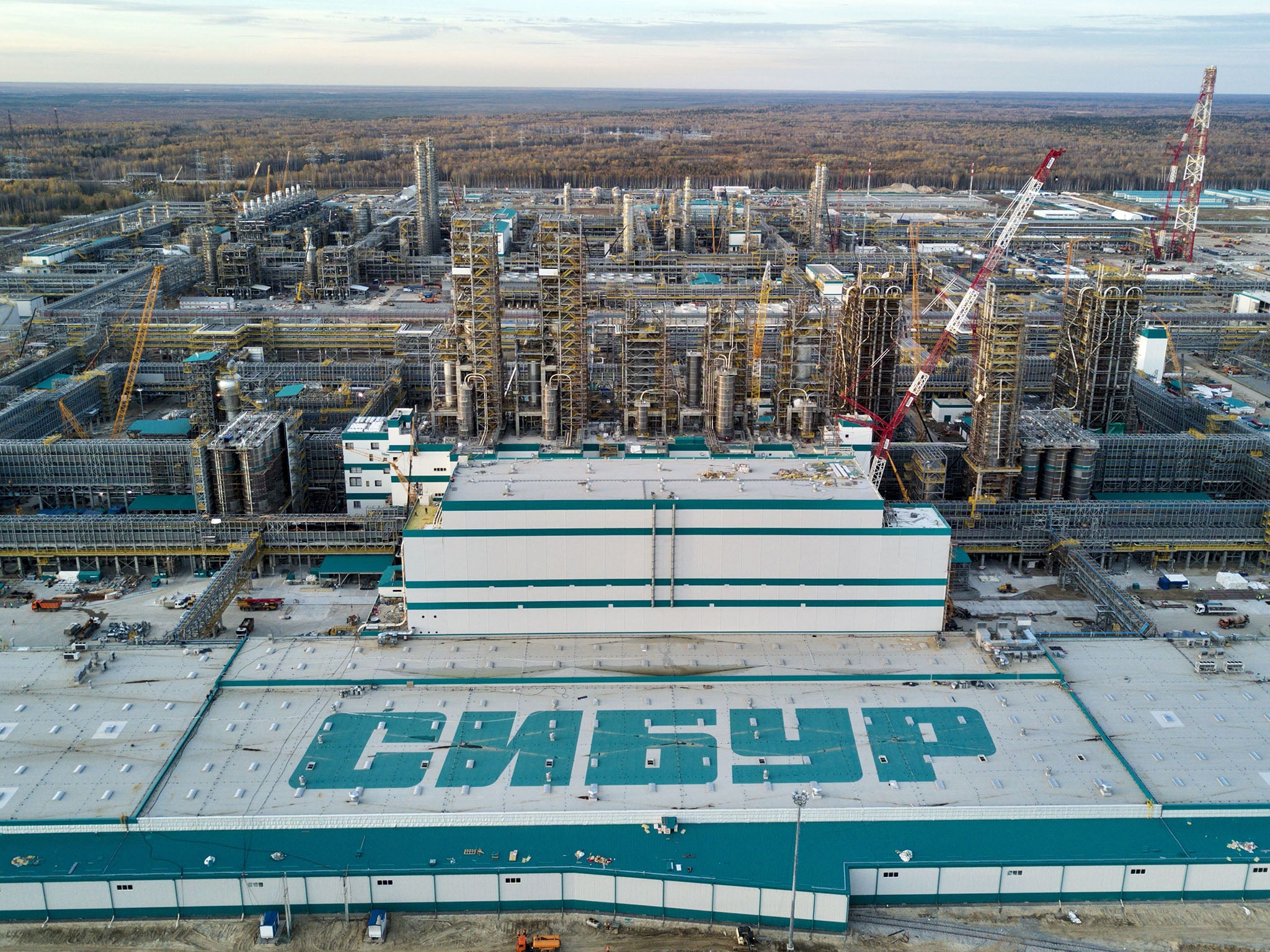
Since 2014 in particular, two crucial trends have been developing. On the one hand, the Russian food market was cut off from the global one due to import restrictions imposed by federal regulators. This resulted in actual decoupling between the exchange rate and consumer prices: between 2014 and 2017 the dollar appreciated against the ruble by 52 per cent, but the consumer price index (CPI) advanced less than 22 per cent.
On the other hand, the Bank of Russia introduced the floating exchange rate in November 2014. The consequence of that is that if the oil price falls, the ruble falls as well – and since the federal budget gets around 40 per cent of its revenues from custom duties nominated either in dollars or euros, it’s now perfectly hedged from oil price fluctuations. As inflation remains low, and demand has no room to rise, it’s the ruble- and not the dollar-denominated price of oil that matters – and it’s been rising consistently, not declining, since 2014. This factor easily outweighs all the external sanctions being imposed on Russia in recent years.
The fourth reason for the country’s ongoing resilience relates to the sanctions themselves, which are often at the centre of debate about the Russian economy. First of all, one should take into account that the existing restrictions target high-tech industries in particular: the defence and aerospace industries, the production and use of super-computers, and the oil and gas exploration which requires western know-how (especially offshore and Arctic drilling). These measures definitely have the potential to affect the long-term prospects of the Russian economy – but the funny thing is that no one in the Kremlin actually cares about them.
Whereas in the 1990s and in 2000s the Russian elite had been engaged in plundering the country, now its general pursuit is to plunder its people
Even though the outspoken ideologues of Putinism publish articles proclaiming the regime will flourish for another 100 years, all government programmes are drafted to take in only a five- to 10-year perspective. What’s more – and this is even more important – not a single one of these plans was either fulfilled or even brought to an end: before one plan expires, an overlapping new one is introduced. This is, I would argue, the most important explanation as to why the Russian government denounces the effect of the western sanctions on the domestic economy, and it is in some sense right to do so.
But the sanctions also have another important result that few analysts focus on, which is the fifth factor I believe we should consider in an examination of Russia’s economic “stability”. Indeed, it may be the most important of all.
Since Russian money started to become toxic after 2014, the modes of behaviour of wealthy Russian businessmen (and occasionally women, but they are mostly men) has changed dramatically. If one looks at capital flight from Russia it certainly remains high by the standards of other countries – but today it’s mostly the outflow of funds invested previously by westerners, or earned in the country by the old and well-established businesses that more and more entrepreneurs are tending to sell to state-owned corporations.
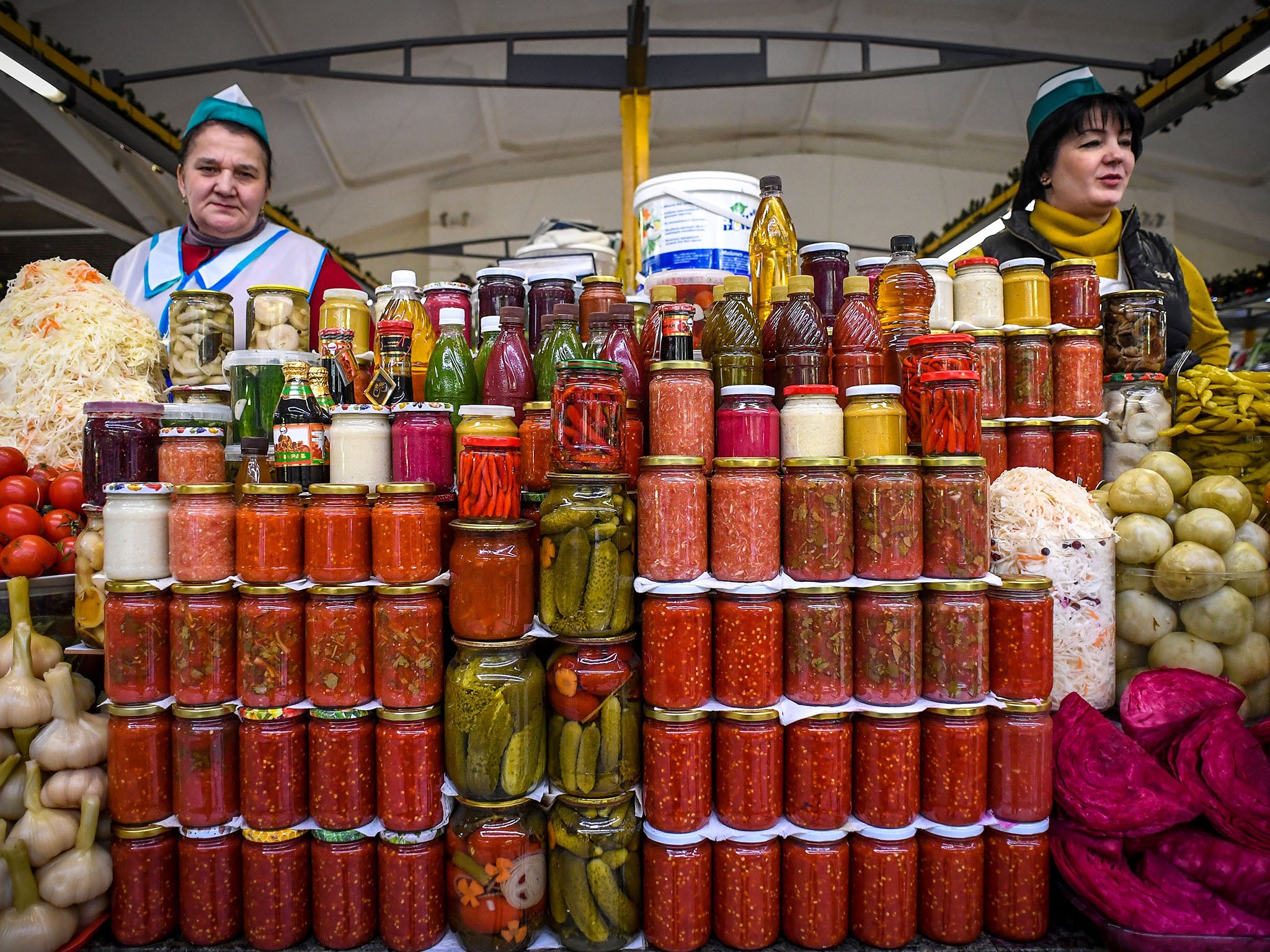
Money that originated from the misappropriation of public funds, or from banal corruption, is now much harder to take, and hide, outside the country. Therefore, more and more people close to the top of the Russian elite are either using their money to return to their homeland, or (for those already living in Russia) are investing it there as they earn it. These days in Russia I would say bureaucrats have begun to put their (possibly stolen) money into local assets en masse.
Often, governors and mayors control significant parts of the regional economies, especially when it comes to land and real estate. Meanwhile, the directors of state corporations compete to acquire the most expensive apartments. Moreover, since the Russian economy became more state-run and the bureaucrats became wealthier than businessmen, the Drang nach Westen which was common in the 1990s and 2000s, is no longer so fashionable: the new “New Russians” aren’t familiar with the global realities and tend to invest locally. That has obvious positive consequences for the wider economy.
In summary, then, I would say that the Russian economy is indeed now stable – though I would add this stability has nothing to do with economic development. And if it were possible to combine all the factors above into one underlying trend it would be this: the disappointment with the global world that now transcends both the Russian elite and a significant part of the Russian public.
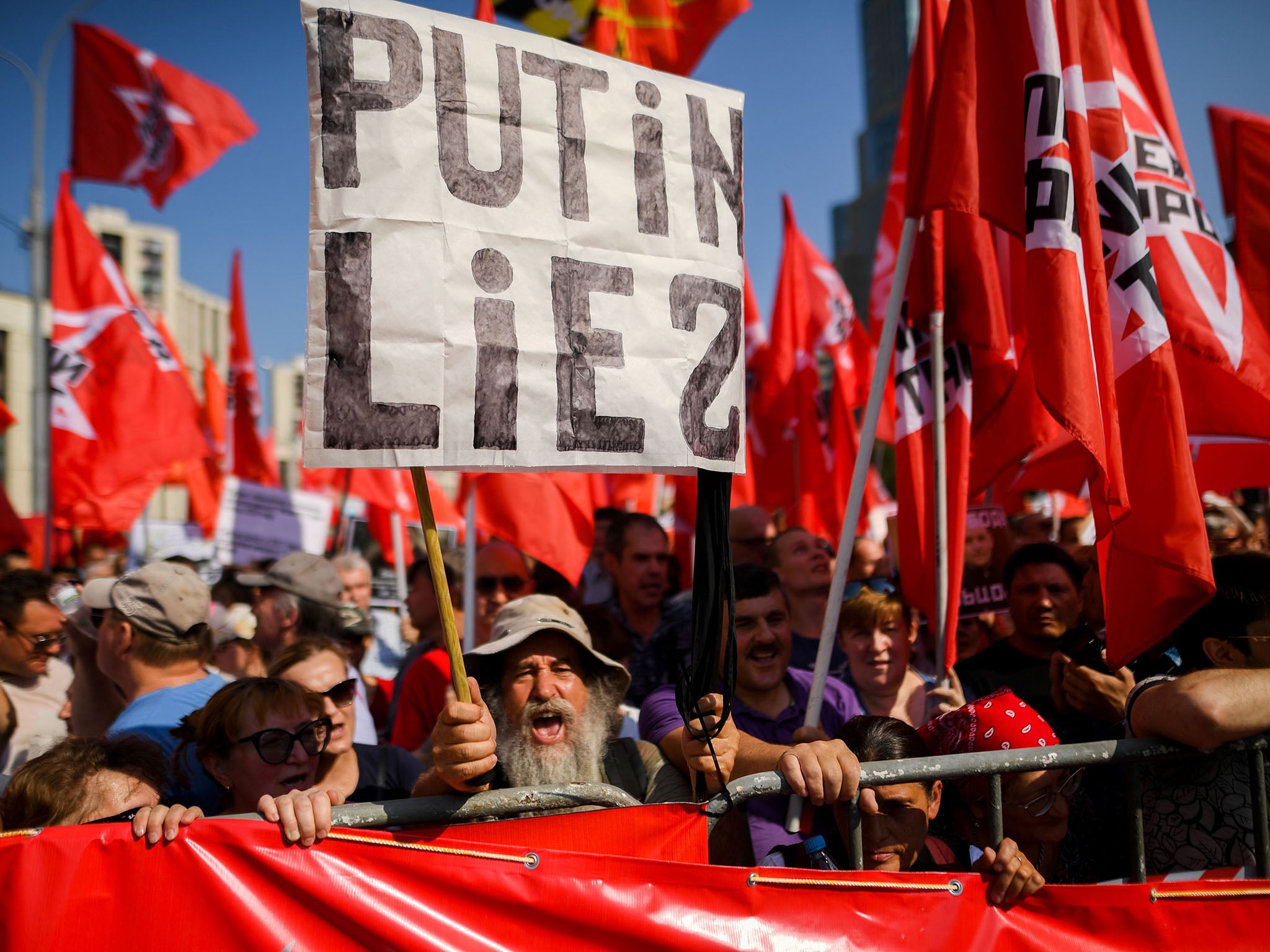
In this narrative Russia is a “besieged fortress” – and of course President Putin and his close circle are very sophisticated in using this idea both to force the Russian people, whom they treat as serfs, to adopt the current reality without attempting to change it, and to convince the Russian elite to become satisfied with the affluent life inside the country but not outside.
The result of all this, I would say, is that whereas in the 1990s and in 2000s the Russian elite had been engaged in plundering the country, now its general pursuit is to plunder its people. The main business thus shifts from taking money out of the country to its massive redistribution within national borders. “The state” becomes opposite to “the masses”; it lives its own life – and this explains why President Putin both increased the retirement age and raised dozens of taxes and charges at a time when the federal budget runs a 2.75 trillion rubles (£33bn, 2.75 per cent of GDP) surplus for 2018, exceeding even the heights of the early 2000s.
This sounds grim, and in many ways it is. But paradoxically this trend makes the Russian economy less prone to external shocks – which is especially ironic when you consider the history of a country where the wellbeing of the people and the power of the state have often been diametrically opposed.
Join our commenting forum
Join thought-provoking conversations, follow other Independent readers and see their replies
Comments